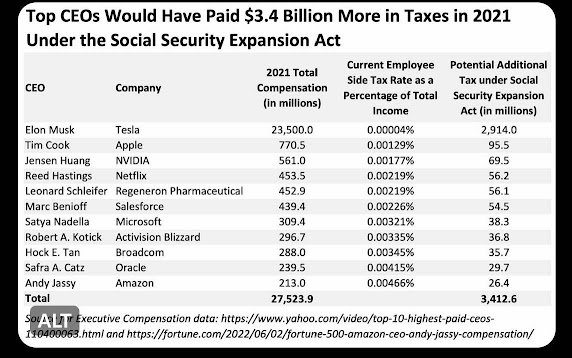From the Washington Post:
A new report projects that the Social Security Trust Fund might run out of money within six years under a Donald Trump presidency, while Vice President Kamala Harris’s proposed policies would not meaningfully change the current trajectory.
Social Security faces a looming funding crisis in an aging country, with trustees most recently predicting that the retirement and disability program’s trust fund will become insolvent in 2035. Many of Trump’s campaign proposals would accelerate that timeline, potentially by years, said the Committee for a Responsible Federal Budget, a nonpartisan group that opposes large federal deficits.
In a report released Monday, the organization concluded that many of Trump’s proposed second-term agenda items all work in the same direction when it comes to the Social Security Trust Fund. The budget group did not produce a similar report on Harris’s policies because they would have a negligible effect measured only in weeks or months rather than years, said Marc Goldwein, CRFB’s senior policy director. ...
Most directly, Trump has promised that no Social Security recipients should have to pay federal income taxes on their benefits. Under current law, 40 percent of beneficiaries pay taxes on some portion of their Social Security. The tax they pay on their benefits goes directly back to the trust fund, and getting rid of it could cost the program almost $1 trillion over 10 years, the report forecast.
Other Trump policies might have indirect effects. Trump’s pledge to deport millions of undocumented workers could cost the trust fund hundreds of millions of dollars, the CRFB said. Many undocumented immigrants have payroll taxes taken out of their paychecks for the Social Security Trust Fund, but never become eligible to claim benefits, so they are a net positive for the program. ...



